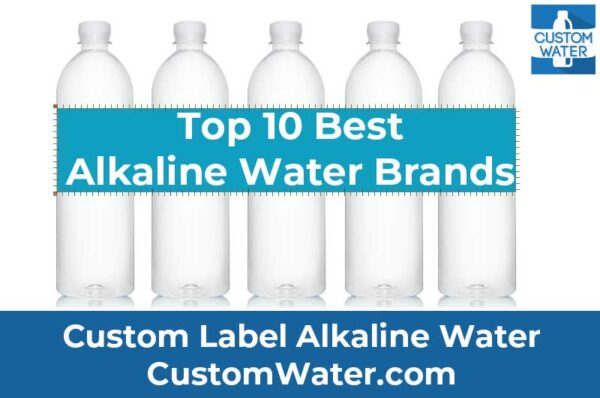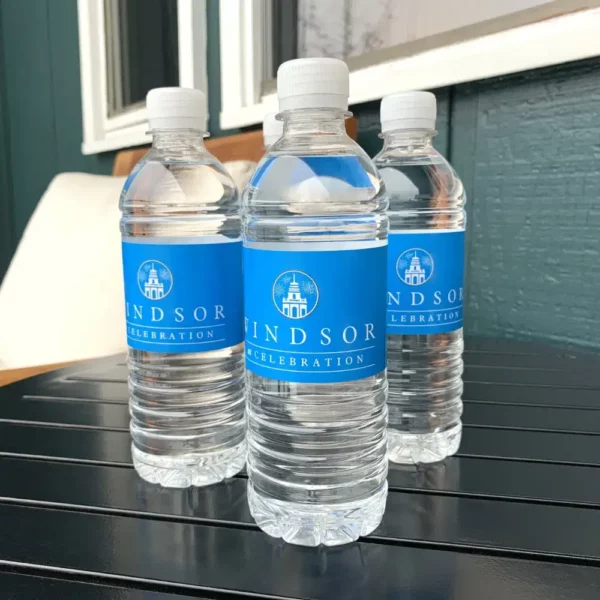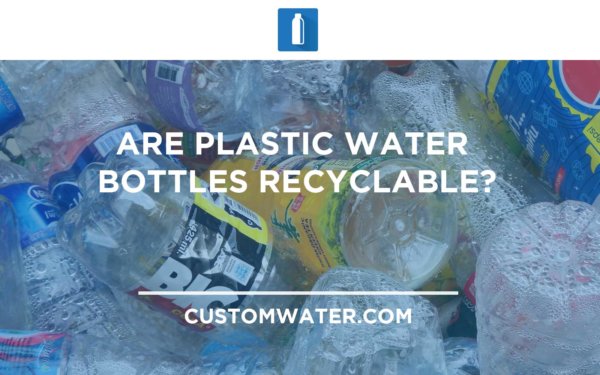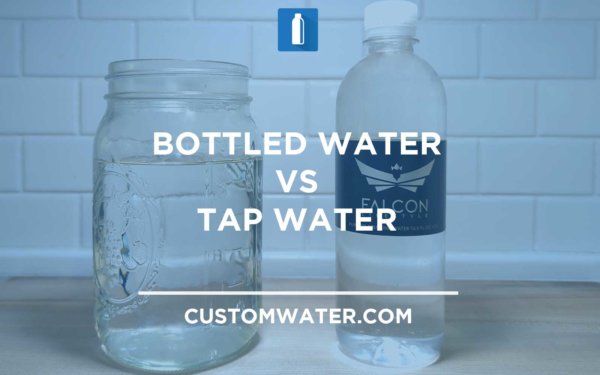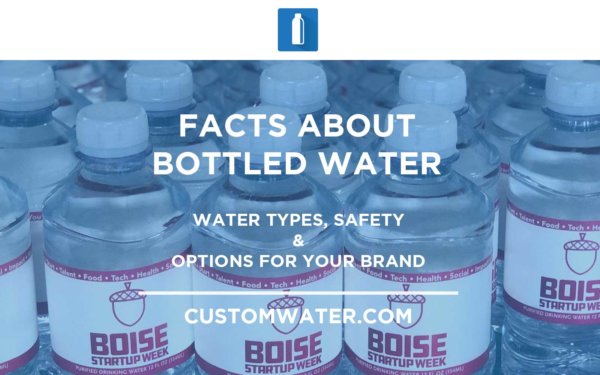Alkaline water became a sensation in the 1990s when it was marketed as “wonder water” and “healing water” in Japan. It did not take long before the rest of the world followed suit, creating their own buzz about alkaline water.
Fast-forward decades later, there are an overwhelming number of options in the market today. Various marketing verbiage now exists around alkaline water. Terms such as “ionized water,” “natural spring alkaline water,” “alkaline spring water,” and many more are seen on store shelves. Unfortunately, all these options and marketing ploys have discouraged consumers from asking two crucial questions: One, what is alkaline water, and two, what can it do for you?
As you may have seen on the shelf at the grocery store, different types of water can fetch different prices at the register. While you are considering which type of water to offer your customers it is important to understand the benefits of each water type. In the next 3 minutes you will understand what alkaline water is and what it does to the body. Then you can decide if this water type is the right choice for your project.
For those of you looking for ready to drink options, make sure to check out other page complete with our reviews on the best alkaline water brands.
Feeling adventurous? We have a guide on how to make alkaline water that is worth checking out.
Looking for a counter top system that can make alkaline water? Check out our article on the best water ionizers.
What is Alkaline Water?
All drinking water, whether it’s tap, distilled, or spring, contains a pH level ranging from 0 to 14. The pH level measures the number of hydrogen ions found in a solution or a substance. The neutral pH level is 7. Acidic substances have a 7–0 pH level, while with its high hydrogen concentration, anything from 7 to 14 is considered alkaline. The chart below from wikipedia demonstrates the pH value of common solutions.
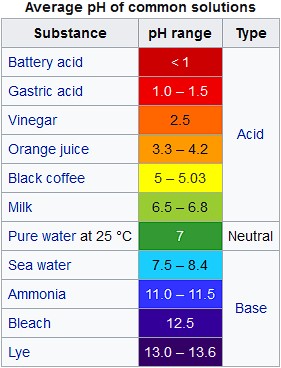
Lemon juice, milk, coffee, and vinegar are acidic, meaning, their pH level falls below 7. On the other hand, blood, baking soda, and bleach are alkaline.
Natural-occurring alkaline water passes over rocks and picks up minerals that increase its pH concentration. The commercialized version goes through a chemical process called electrolysis or ionization, where an ionizer is utilized to raise the pH level of regular water. Some bottled water brands also add sodium bicarbonate, or baking soda, to increase the pH level of water products.
Many believe that artificially produced alkaline water—or alkalized water—is not as beneficial to the body as its natural counterpart. On the contrary, they believe that too much artificially produced alkaline water can cause more harm than good.
What Are the Benefits of Alkaline Water?
Among the most notable benefits of drinking alkaline water are the following:
- Alkaline water reduces blood sugar, blood pressure, and cholesterol level.
- Alkaline water helps muscle and nerve development.
- Alkaline water prevents or soothes acid reflux.
- Alkaline water keeps the body hydrated.
- Alkaline water promotes anti-aging and better skin elasticity.
- Alkaline water supports the digestive and immune systems.
- Alkaline water helps in weight loss.
Although some doctors believe that these claims are not supported by research, the high concentration of calcium, magnesium, potassium, and sodium present in mineral-rich alkaline water cannot be ignored. These minerals are essential to optimal health and well-being.
For instance, according to a Harvard study, calcium helps develop healthy bones and teeth and plays a vital role in blood clotting and promoting normal heart and nerve functions. Potassium and sodium help maintain normal water levels in and outside the body, while magnesium has anti-inflammatory properties.
All these considered, providing consumers with alkaline water does not simply quench their thirst. Essentially, it helps them get their much-needed mineral intake. The hype about alkaline water may be true after all.
Ready to customize bottled water with your brand?
At CustomWater, we can make it happen for you — great-tasting, clean, and safe bottled water, with custom labels and ready to distribute to your market is just a click away. Get a quote now!
How Does It Taste?
Alkaline water can have a bitter or different taste compared to tap water. It may also affect the taste of beverages made with it, such as coffee or tea.
Is It Safe?
Alkaline water is generally safe to drink unless one has a kidney disease. However, it may cause skin dryness, itchiness, or an upset stomach due to its high pH level. It’s important to note that just because it’s safe, doesn’t necessarily mean it has any significant health benefits. It’s recommended to stick with tap water for hydration.
Frequently Asked Questions
What are the benefits of drinking alkaline water?
Alkaline water is believed to have various benefits, including neutralizing acid in the bloodstream, improving metabolism, and slowing down the aging process. Some people also believe that it can help with weight loss, detoxification, and reducing the risk of diseases such as cancer and osteoporosis. However, more research is needed to confirm these claims.
How much alkaline water should I drink per day?
There is no definitive answer to this question, as the optimal amount of alkaline water to drink per day may vary depending on individual factors such as age, weight, and activity level. However, it is generally recommended to drink at least 8 glasses of water per day, and some people may choose to drink alkaline water as a part of their daily water intake.
Is alkaline water beneficial for health?
While some people believe that alkaline water can have health benefits, there is limited scientific evidence to support these claims. Some studies suggest that it may have antioxidant and anti-inflammatory properties, and could potentially help with acid reflux and other digestive issues. However, more research is needed to confirm these findings.
What are the pros and cons of drinking alkaline water?
Some potential benefits of drinking alkaline water include neutralizing acid in the bloodstream, improving hydration, and potentially reducing the risk of certain diseases. However, there are also some potential drawbacks, such as the cost of purchasing alkaline water, the lack of scientific evidence to support some of the claims made about its benefits, and the potential for negative side effects in some individuals.
Where can I buy alkaline water?
Alkaline water is available for purchase at many health food stores, grocery stores, and online retailers. It is important to read the labels carefully and choose a reputable brand to ensure that the water is safe and contains the minerals and electrolytes that are claimed.
Can drinking alkaline water harm your kidneys?
While some people have expressed concerns that drinking alkaline water could harm the kidneys, there is limited scientific evidence to support this claim. However, individuals with kidney disease or other health conditions should consult with their healthcare provider before drinking alkaline water or making any significant changes to their diet or lifestyle.

